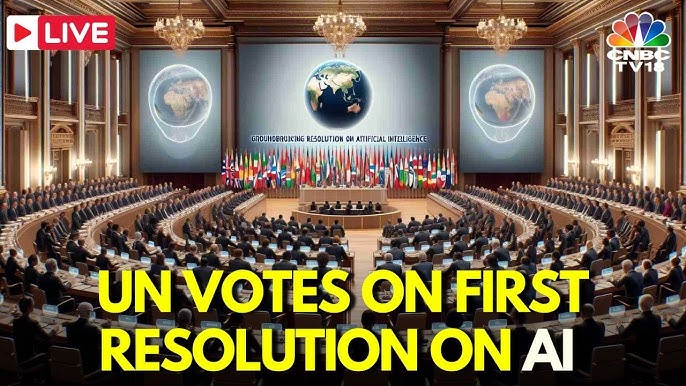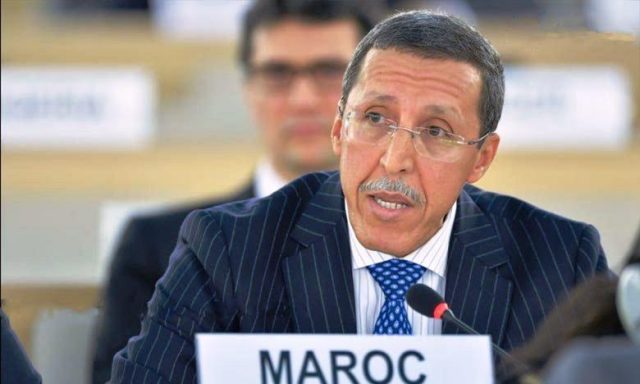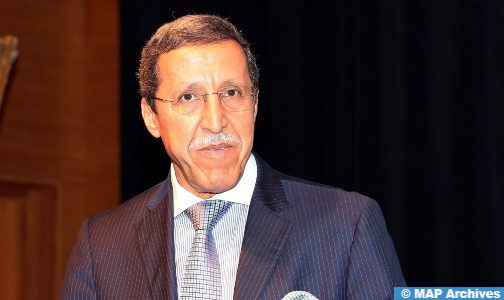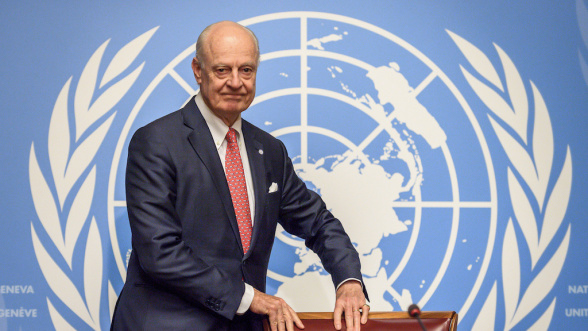The United States has commended the adoption by the United Nations General Assembly of the first UN resolution on artificial intelligence (AI), which was initially sponsored by Morocco and the U.S.A.
The resolution, co-sponsored by over 120 countries by the day of its adoption, “is a historic step toward establishing clear international norms for AI and for fostering safe, secure, and trustworthy AI systems”, said US Vice President Kamala Harris in a statement following the adoption of the text Thursday.
“This resolution establishes a path forward on AI where every country can both seize the promise and manage the risks of AI,” Kamala Harris pointed out.
US secretary of State Antony Blinken on his part stressed that this consensus resolution “is a landmark effort and a first-of-its-kind global approach to the development and use of this powerful emerging technology.”
AI has enormous potential to advance sustainable development and the Sustainable Development Goals (SDGs), said Blinken in a statement, noting that this resolution helps ensure that the benefits of AI “reach countries from all regions and at all levels of development and focuses on capacity building and bridging digital divides, especially for developing countries.”
The resolution was presented last week to the international press by U.S. Ambassador to the United Nations, Linda Thomas Greenfield, and her Moroccan counterpart Ambassador Omar Hilale.
This consensual resolution highlights the need for continued discussions on possible governance approaches that are appropriate, based on international law, interoperable, adaptable, inclusive, responsive to the different needs and capacities of developed and developing countries alike.
Ambassador Hilale hailed a historic and consensual resolution resulting from a collaborative and inclusive process, and stressed that Morocco was honored to be associated in the presentation and the negotiation of this landmark resolution.
According to the Moroccan diplomat, this resolution is not an end in itself, but rather the beginning of a collective journey to develop safe, secure, and trustworthy artificial intelligence systems for sustainable development that leaves no one behind.
The text reflects awareness as to the imperative need to have a common vision of AI applications which must be reliable, inclusive, human-centered, development-oriented, and international law-based, as well as the need to promote an inclusive dialogue between countries, partners, and different stakeholders (businesses, research laboratories, private sector, etc.), and to optimize the exploitation of AI to achieve development goals, Hilale told Medi1 TV station.
“If we can optimally exploit AI, developing countries, in particular, will save time and enormous amounts of money, energy and human resources,” he said.
Regarding the potential of AI as a strategic development lever for Africa and Morocco, Hilale recalled that the African continent is “abysmally” lagging in the field of new technologies, in general, and in AI in particular, emphasizing that this resolution helps developing countries and all South countries to reduce this gap and to cooperate together.
Cooperation areas include the transfer of technologies, the financing of AI development, the collective exploitation of applications, as well as various other sectors such as agriculture, health, the fight against climate change and poverty, and food security, he said.
The Moroccan diplomat added that developing countries in general, and Africa in particular, must not lag behind in the implementation and especially in the appropriation of Artificial Intelligence, because “their development is at stake.”
Morocco, the advocate of developing countries, especially in Africa, during the negotiation of this resolution, is at the forefront of Artificial Intelligence at the continental level, he said, adding that the Kingdom hosts, within the Mohammed VI Polytechnic University (UM6P) the international artificial intelligence center “AI Movement”, the first of its kind in Africa.
This center is a pioneer in the field of research and sharing of Moroccan experience in this area with sisterly and friendly countries, he said, recalling that the Kingdom will host, next June, the first AI Summit, which will be organized jointly with UNESCO.
The resolution is the latest in a series of initiatives by governments around the world to shape AI’s development amid fears it could be used to disrupt democratic processes, increase fraud, or lead to dramatic job losses, among other harms.
“The improper or malicious design, development, deployment and use of artificial intelligence systems … pose risks that could … undercut the protection, promotion and enjoyment of human rights and fundamental freedoms,” the text says.



